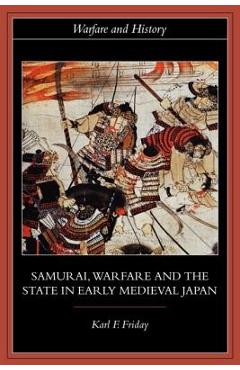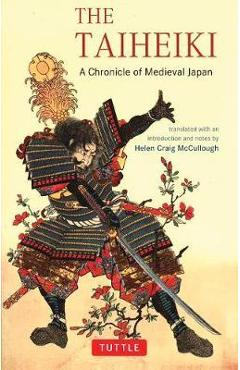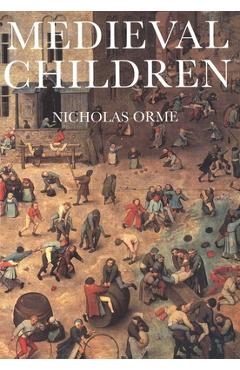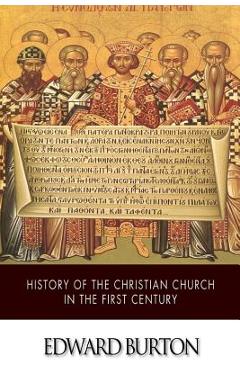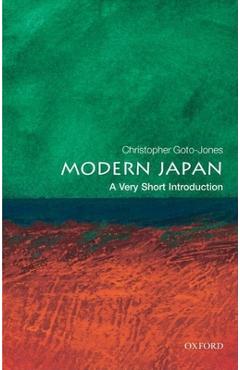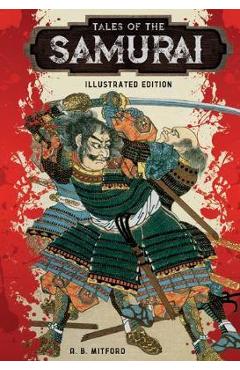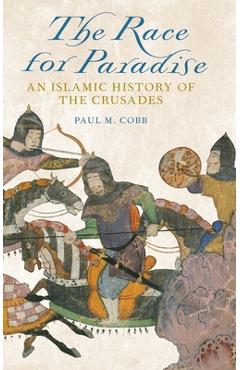The Origins of Japanâ (Tm)S Medieval World: Courtiers, Clerics, Warriors, and Peasants in the Fourteenth Century

The Origins of Japanâ (Tm)S Medieval World: Courtiers, Clerics, Warriors, and Peasants in the Fourteenth Century
This pioneering collection of fifteen essays proposes to change the way we think about fourteenth-century Japan and what preceded and followed it. Most notable is the search for Japan's medieval beginnings, which are found not in the developments flowing from the establishment of the first shogunate in the 1180's, but rather in the shogunate's collapse 150 years later.
In this admittedly controversial interpretation, the Kamakura age becomes the final episode in Japan's late classical period, with the courtier and warrior regimes of that era together seeking to maintain the traditional order. But under the leadership of Japan's first truly "medieval men" (the emperor Go-Daigo and Ashikaga Takauji), the old order was dramatically transformed. In the editor's words, "the rules changed, new behavior was everywhere, the past was only one of several competing influences. After the better part of a millennium, the spell cast by courtiers was finally broken."
Among the topics treated are the strange new partnerships within the social hierarchy, the impact of sustained warfare on societal values, the new subservience of women in the post-Kamakura environment, the unprecedented emergence of warriors as the moralists and spokesmen of a new age, and the appearance of a new, more sharply partisan religious sectarianism.
In addition, we are shown the fragility of a history now dependent on battlefield success, the assumption of control of imperial poetic anthologies by warriors, the condition of the old and new Buddhist establishments, the paradox of warrior flamboyance and warrior stolidity, and the imposition of enduring village names.
PRP: 274.87 Lei
Acesta este Pretul Recomandat de Producator. Pretul de vanzare al produsului este afisat mai jos.
247.38Lei
247.38Lei
274.87 LeiLivrare in 2-4 saptamani
Descrierea produsului
This pioneering collection of fifteen essays proposes to change the way we think about fourteenth-century Japan and what preceded and followed it. Most notable is the search for Japan's medieval beginnings, which are found not in the developments flowing from the establishment of the first shogunate in the 1180's, but rather in the shogunate's collapse 150 years later.
In this admittedly controversial interpretation, the Kamakura age becomes the final episode in Japan's late classical period, with the courtier and warrior regimes of that era together seeking to maintain the traditional order. But under the leadership of Japan's first truly "medieval men" (the emperor Go-Daigo and Ashikaga Takauji), the old order was dramatically transformed. In the editor's words, "the rules changed, new behavior was everywhere, the past was only one of several competing influences. After the better part of a millennium, the spell cast by courtiers was finally broken."
Among the topics treated are the strange new partnerships within the social hierarchy, the impact of sustained warfare on societal values, the new subservience of women in the post-Kamakura environment, the unprecedented emergence of warriors as the moralists and spokesmen of a new age, and the appearance of a new, more sharply partisan religious sectarianism.
In addition, we are shown the fragility of a history now dependent on battlefield success, the assumption of control of imperial poetic anthologies by warriors, the condition of the old and new Buddhist establishments, the paradox of warrior flamboyance and warrior stolidity, and the imposition of enduring village names.
Detaliile produsului









